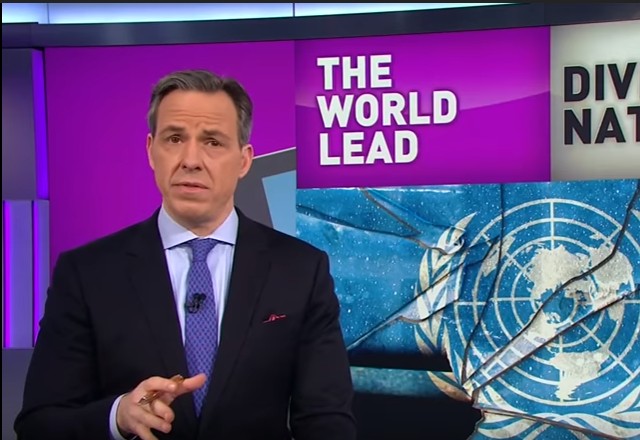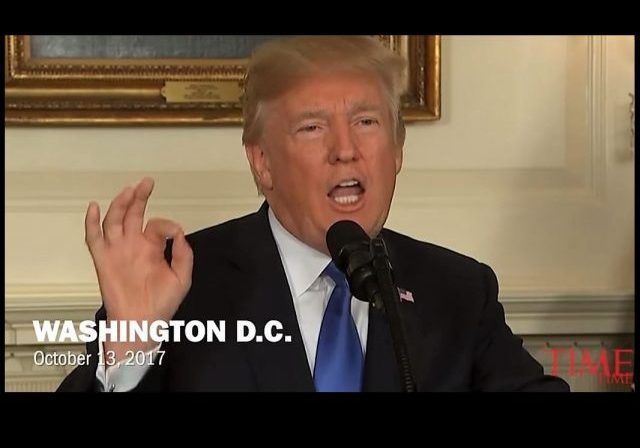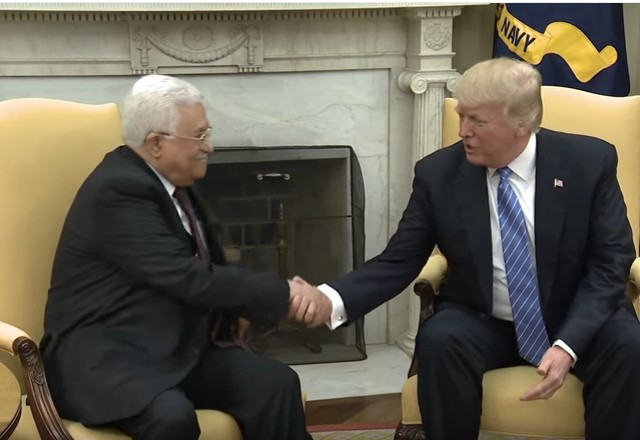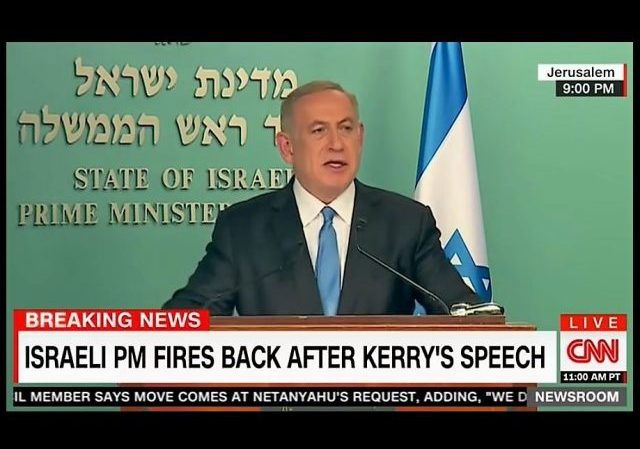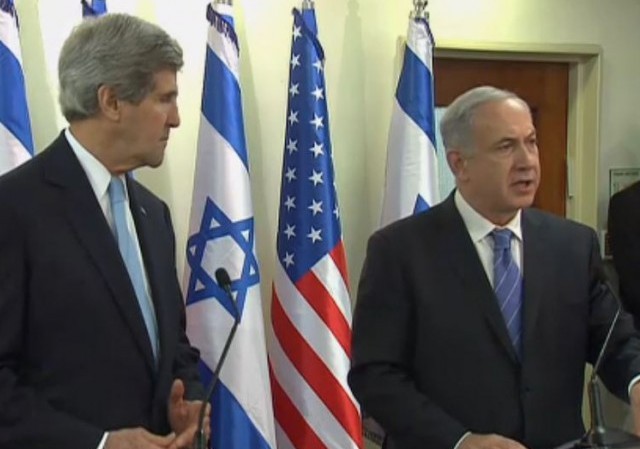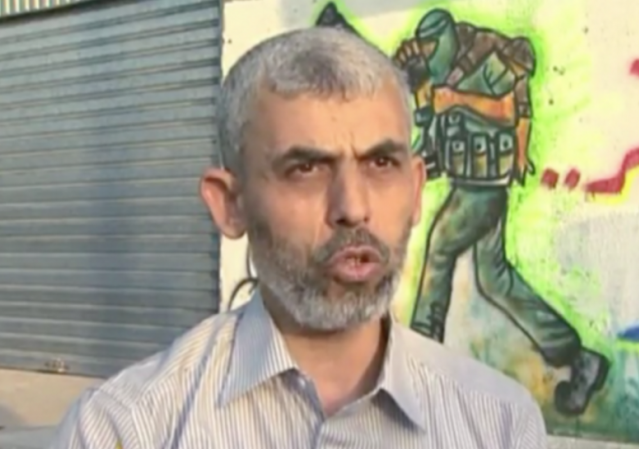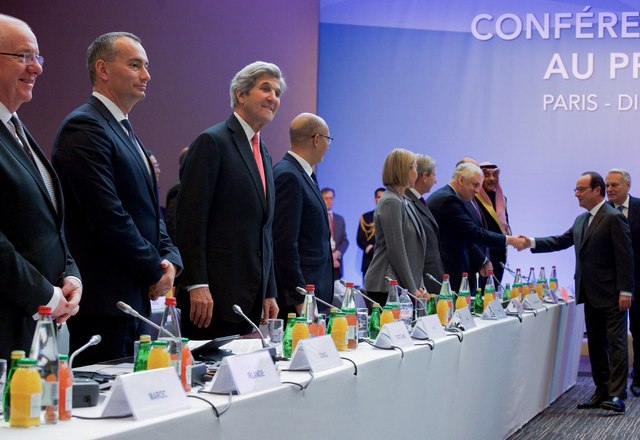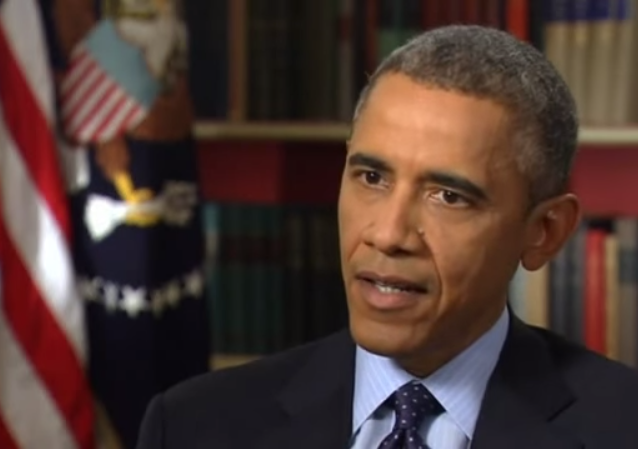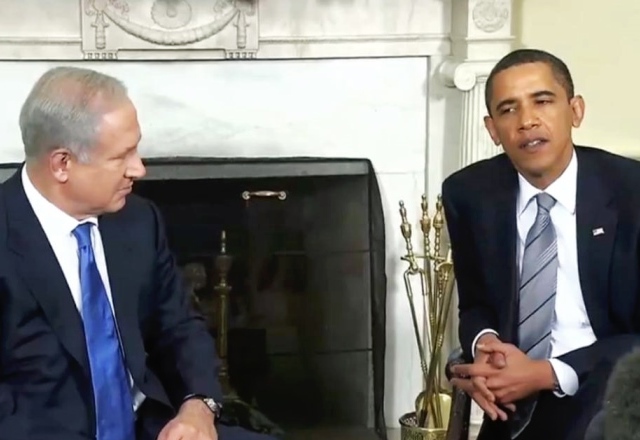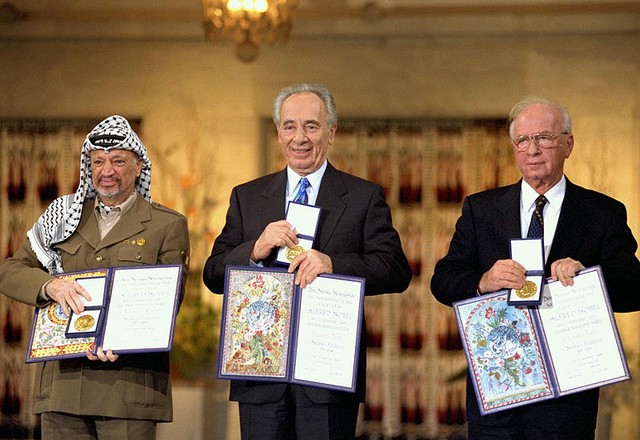Early on in his first term, President Barack Obama suggested that in order to achieve peace between Israeli and the Palestinians, there needed to be more "daylight" between the United States and Israel.
Obama, according to a report on a meeting between the president and American Jewish leaders,
said, referring to the Bush administration, "During those eight years, there was no space between us and Israel, and what did we get from that? When there is no daylight, Israel just sits on the sidelines, and that erodes our credibility with the Arab states."
During Obama's two terms in office, he made efforts to put daylight between his administration and Israel, and not just in terms of the Israeli-Palestinian conflict: in 2010 the administration harangued Netanyahu over a plan to build apartments in Jerusalem, the administration pursued the nuclear deal with Iran over Israeli objections, senior administration officials, on and off the record, have disparaged Netanyahu, and Obama is said to be considering a move in the UN to support Palestinian statehood.

